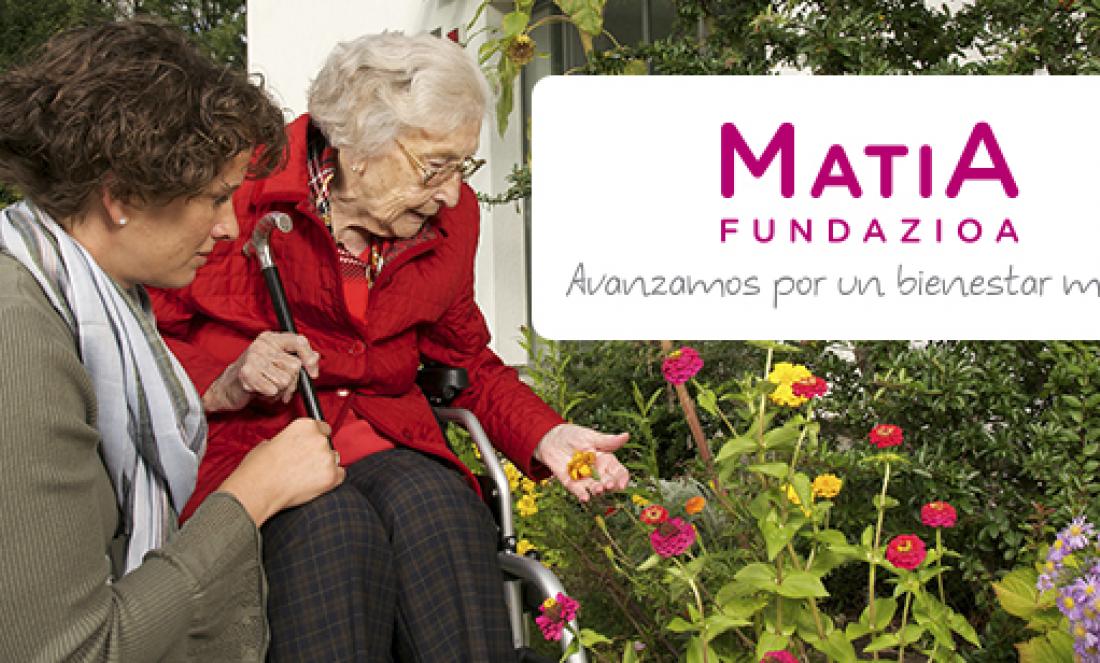
People-centred care model. Challenges of a cultural change
The application of the knowledge acquired in the field of research provides sufficient scientific evidence of the goodness of the Person-Centred Care Model (PCM) in gerontology centres. However, its practical application is not an easy path.
In general, the first steps of this itinerary are accompanied by a high dose of enthusiasm, in most cases beginning with perceptible improvements in the spaces and environments in which the daily lives of older people, workers and families are developed, adjusting them to the needs and preferences of the people who live there.
But this model is not a scenario, nor a representation, more or less apparent; it is a deep cultural change that requires training and continuous support, unlearning certain behaviors and exercising others that shift the attention on the task and focus on the person. It requires changing professional roles, learning to work in a team to make solid and shared decisions and taking controlled risks. In short, it requires us to review each of our daily behaviours in order to refocus them on the well-being and autonomy of those people who have often long since lost their ability to make decisions. A continuous effort is therefore required to eradicate behaviours that have been in place for years and which, without being abusive, can be improved and minimise, if not eliminate, those people whose fragility prevents them from expressing their wishes or complaining.
The implementation of all these changes generally leads to difficulties, resistance, disqualifications, behaviours that minimise the challenges through statements such as "but we already do this!" or "we are not like the Nordics, our culture is different" or "but if people are happy like that", or "we can't do that, it's illegal"...... Regardless of the dose of truth that they carry, these comments bring out the fear of change, which often disrupts established roles and generates the consequent insecurity.
From our experience, which is now in its fifth year, this transformation, despite everything, cannot be reversed, nor can the process of change that banished the asylum models and implanted a culture of professional care, which is a kind of hotel/hospital mix.
We are undoubtedly facing a cultural change as it has been called for years in other countries. A change that cannot be reversed because it is worth it: to the elderly, to their families and to the workers. But above all it is worthwhile because it preserves and defends the dignity of people, especially the most fragile, and helps to build a better, fairer, more caring and responsible society.
* (Article published in "Entre Mayores") www.entremayores.es


Add new comment